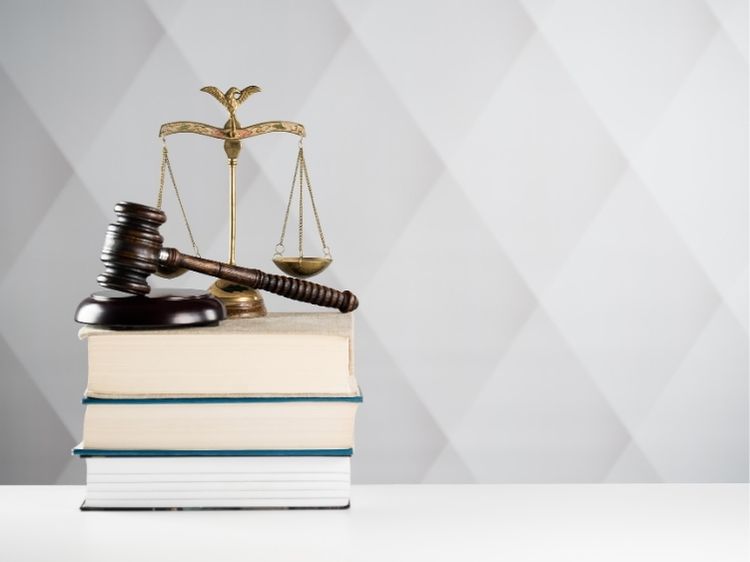What is a Non-Compliance Recall?
A non-compliance recall occurs when a product or service doesn’t meet regulatory standards. Whether it’s a car, food item, or electronic device, these recalls are issued to correct safety or compliance issues. When manufacturers discover a product doesn’t align with laws or regulations, they’re often required to recall and fix it—or remove it from the market altogether.
Why Do Non-Compliance Recalls Happen?
Recalls generally happen because something has gone wrong during the production, testing, or distribution phases. Here’s what can lead to a recall:
- Defective Design: A product’s design fails to meet safety standards.
- Manufacturing Errors: Mistakes during assembly can create hazards.
- Failure to Comply with Regulations: Industries like automotive, food, and electronics are highly regulated. Non-compliance with these rules triggers recalls.
- Consumer Complaints: Sometimes, buyers notice issues manufacturers overlook, prompting further investigation.
How Do Non-Compliance Recalls Affect Consumers?
Non-compliance recalls are more than just industry headlines—they directly impact consumers’ safety and trust. Here’s how:
- Safety Risks: Defective products can cause harm, whether through accidents, injuries, or health issues.
- Inconvenience: Returning recalled items or waiting for replacements is frustrating.
- Financial Loss: Although most recalls include free repairs, the process can cost time and money.
How to Check for Recalls
Want to know if a product you own has been recalled? Here are a few steps to follow:
- Visit Official Recall Websites: Government agencies like the National Highway Traffic Safety Administration (NHTSA) provide up-to-date recall information.
- Register Your Products: Some manufacturers allow you to register products for updates about recalls.
- Contact Customer Service: Call the brand’s customer service team for detailed information.
Examples of Major Non-Compliance Recalls
Automotive Industry
Car recalls dominate headlines. For instance, the Takata airbag recall affected millions of vehicles worldwide. Faulty airbags that could explode upon deployment caused injuries and fatalities.
Food Industry
Non-compliance in food safety leads to recalls of contaminated products. For example, salmonella outbreaks in packaged foods frequently result in mass recalls.
Electronics
Remember the Samsung Galaxy Note 7? Exploding batteries caused a massive recall, affecting the brand’s reputation and consumer trust.
What Are Manufacturers’ Responsibilities During a Recall?
When a recall is issued, manufacturers must act quickly to minimize harm. Here’s what they’re obligated to do:
- Notify Regulatory Authorities: Companies must inform the proper authorities immediately after discovering non-compliance.
- Alert Consumers: Recall announcements are shared via news outlets, emails, and sometimes advertisements.
- Offer Solutions: Whether it’s a refund, repair, or replacement, companies must resolve the issue for affected customers.
How to Respond to a Non-Compliance Recall
If you’re ever affected by a recall, follow these steps:
- Stay Informed: Read the recall notice carefully to understand the risks and next steps.
- Contact the Manufacturer: Reach out to confirm how to proceed with repairs or replacements.
- Follow Instructions: Whether you’re sending an item back or scheduling a repair, stick to the outlined process.
What Happens If a Manufacturer Ignores Non-Compliance?
Ignoring compliance standards isn’t just bad business—it’s illegal. Regulatory bodies impose hefty fines, legal penalties, and sometimes, criminal charges for negligence. Moreover, public backlash can damage a brand’s reputation permanently.
FAQs About Non-Compliance Recalls
- What is the difference between a voluntary recall and a mandatory recall?
A voluntary recall is initiated by the manufacturer, often to preempt regulatory action. Mandatory recalls are enforced by government authorities when a company fails to act. - Are non-compliance recalls common?
Yes, especially in industries with strict safety standards, like automotive and food production. - Who pays for repairs during a recall?
The manufacturer typically covers the cost of repairs, replacements, or refunds during a recall. - Can I sue a company for damages caused by a recalled product?
Yes, if you’ve suffered harm due to a defective product, you can take legal action for compensation. - How can I ensure my products comply with regulations as a business owner?
Stay informed about industry standards, conduct rigorous testing, and maintain open communication with regulatory agencies.
Final Thoughts
Non-compliance recalls serve an essential purpose: protecting consumers and holding companies accountable. By understanding how recalls work and your rights as a consumer, you can take action when faced with defective products.
Authoritative Links:
- National Highway Traffic Safety Administration (NHTSA) – www.nhtsa.gov
- U.S. Consumer Product Safety Commission – www.cpsc.gov
- Food and Drug Administration Recalls – www.fda.gov/safety/recalls
